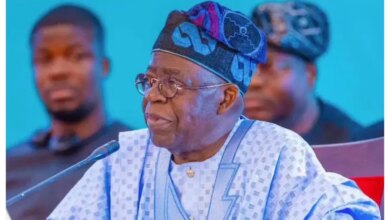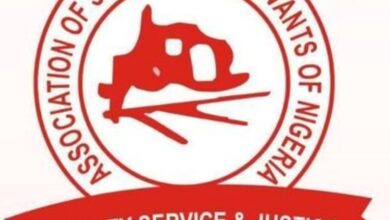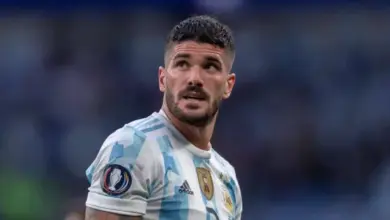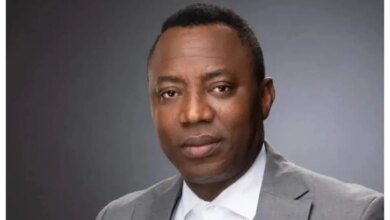Ghana–DStv settlement sets new regulatory precedent in Africa
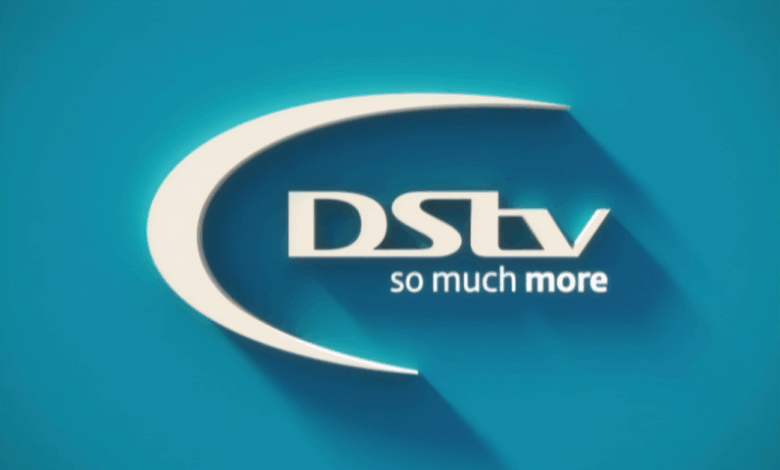
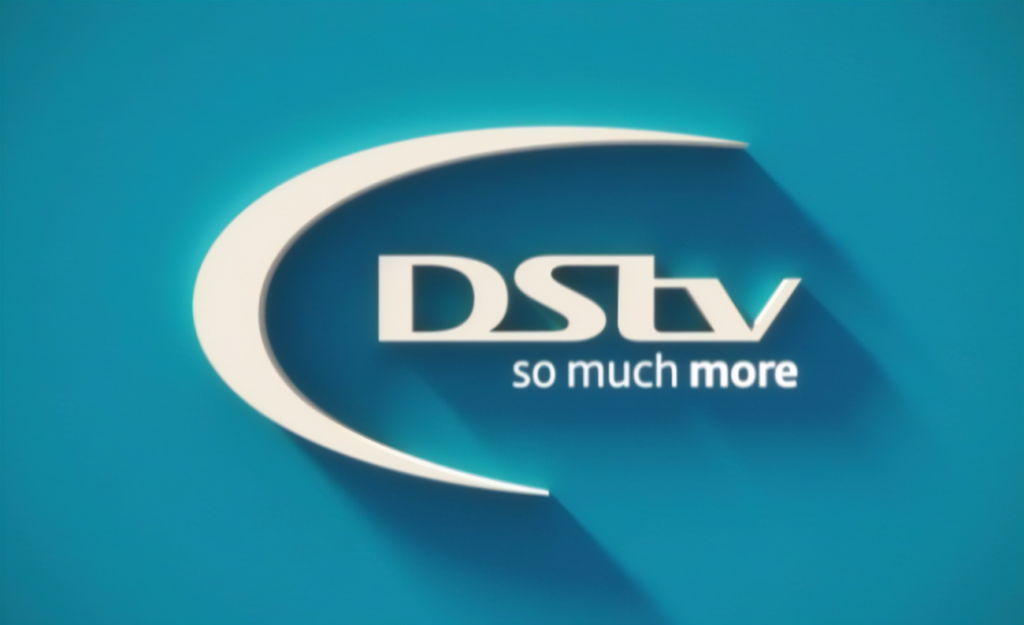
The recent DStv pricing dispute in Ghana has underscored the volatile intersection of consumer protection, political manoeuvring, and multinational business operations. The saga reached its peak after Communications Minister Sam George demanded a price reduction for subscribers, citing public frustration over high fees. Pointing to the improved performance of the Ghanaian Cedi, the Minister argued that MultiChoice, the parent company of DStv, was exploiting Ghanaian consumers with prices out of step with regional realities.
The Minister’s position resonated with regional calls for fairer pricing, following similar regulatory confrontations MultiChoice has faced in Nigeria and other major markets. In July 2025, George proposed a 30% reduction, even threatening to suspend DStv’s broadcasting licence. MultiChoice initially rejected the demand as “untenable,” warning that forced cuts would undermine service quality and jobs.
Negotiated “value” offer divides opinion
The standoff ended with a new arrangement announced on Monday, September 29. From October 1, DStv subscribers in Ghana would automatically receive upgraded packages at no additional cost. For example, those on the Pady bouquet (GH¢59) were upgraded to the Access bouquet (GH¢99), gaining 35 more channels. The move offered subscribers an estimated 33% to 50% more value, depending on their package.
While Minister George described the deal as “more services for less,” MultiChoice later confirmed the agreement and apologised for earlier confusion in its communications. However, the “unprecedented” offer is structured as a three-month promotional package, sparking criticism that it falls short of the promised 30% price cut.
Political backlash and opposition critique
The sharpest criticism came from the opposition New Patriotic Party (NPP), whose lawmakers dismissed the Minister’s handling of the matter as “arrogant” and ineffective. Mathew Nyindam, Ranking Member of Parliament’s Communications Committee, accused the Minister of failing to deliver a real price cut and called for his dismissal.
NPP commentators also accused the governing National Democratic Congress (NDC) of hypocrisy, pointing to previous periods under Nana Akufo-Addo when DStv tariffs rose with little intervention. They argued that the Minister’s combative approach was more about scoring political points than securing sustainable consumer relief.
Regional precedent and regulatory ripple effects
Despite the political disputes, Ghana’s outcome sets a significant precedent in Africa. MultiChoice has long battled regulators in Nigeria, Kenya, and Uganda over price hikes, but none have secured an agreement on this scale. The Ghana deal, which offers subscribers up to 50% more content for the same price, is described by the Minister as “unmatched anywhere else in Africa.”
Analysts suggest the move will put pressure on other governments to demand similar concessions from dominant multinational service providers, potentially reshaping regulatory expectations in the pay-TV industry across the continent.
Competitive pressures in Ghana’s pay-TV market
DStv’s market dominance rests heavily on its exclusive rights to premium sports, especially the English Premier League. Yet, competition is intensifying. Rivals such as StarTimes and GoTV offer cheaper packages, while streaming services like Netflix, Amazon Prime, and MultiChoice’s own Showmax present growing alternatives.
The value-upgrade arrangement is seen as a defensive strategy by MultiChoice to maintain revenues without cutting prices outright. By offering additional channels rather than lowering costs, the company protects its core business model while appearing responsive to consumer concerns.
Impact on households
For many Ghanaian families, DStv is both a luxury and a cultural staple, particularly for football. The new arrangement provides short-term relief. “This upgrade means I can finally watch more than just the news for the same money I’ve been paying,” said Kojo Mensah, a Kumasi-based technician. But the temporary nature of the promotion leaves questions about long-term affordability.
Critics question minister’s approach
Policy analysts and consumer advocates have criticised the Minister’s direct intervention. Franklin Cudjoe of IMANI Africa described it as “bullying,” arguing the National Communications Authority should have led the process. Kofi Kapito, CEO of the Consumer Protection Agency, accused the Minister of “showboating,” saying his role blurred regulatory independence.
Beyond TV: political and investor implications
The dispute has sparked debate over Ghana’s posture towards foreign investors. Critics argue the Minister’s confrontational approach risks discouraging investment, while supporters say it shows governments can stand up to powerful corporations. Questions remain over the transparency of fines imposed on MultiChoice and whether the settlement is a sustainable fix or a political stopgap.
As the three-month promotional period unfolds, Parliament’s Communications Committee is expected to review the arrangement. Whatever the final verdict, Ghana’s settlement with MultiChoice has set a powerful precedent: African governments can compel multinational corporations to make concrete concessions, potentially reshaping the regulatory landscape across the region.
DISCLAIMER: The Views, Comments, Opinions, Contributions and Statements made by Readers and Contributors on this platform do not necessarily represent the views or policy of Multimedia Group Limited.
DISCLAIMER: The Views, Comments, Opinions, Contributions and Statements made by Readers and Contributors on this platform do not necessarily represent the views or policy of Multimedia Group Limited.
Source link

